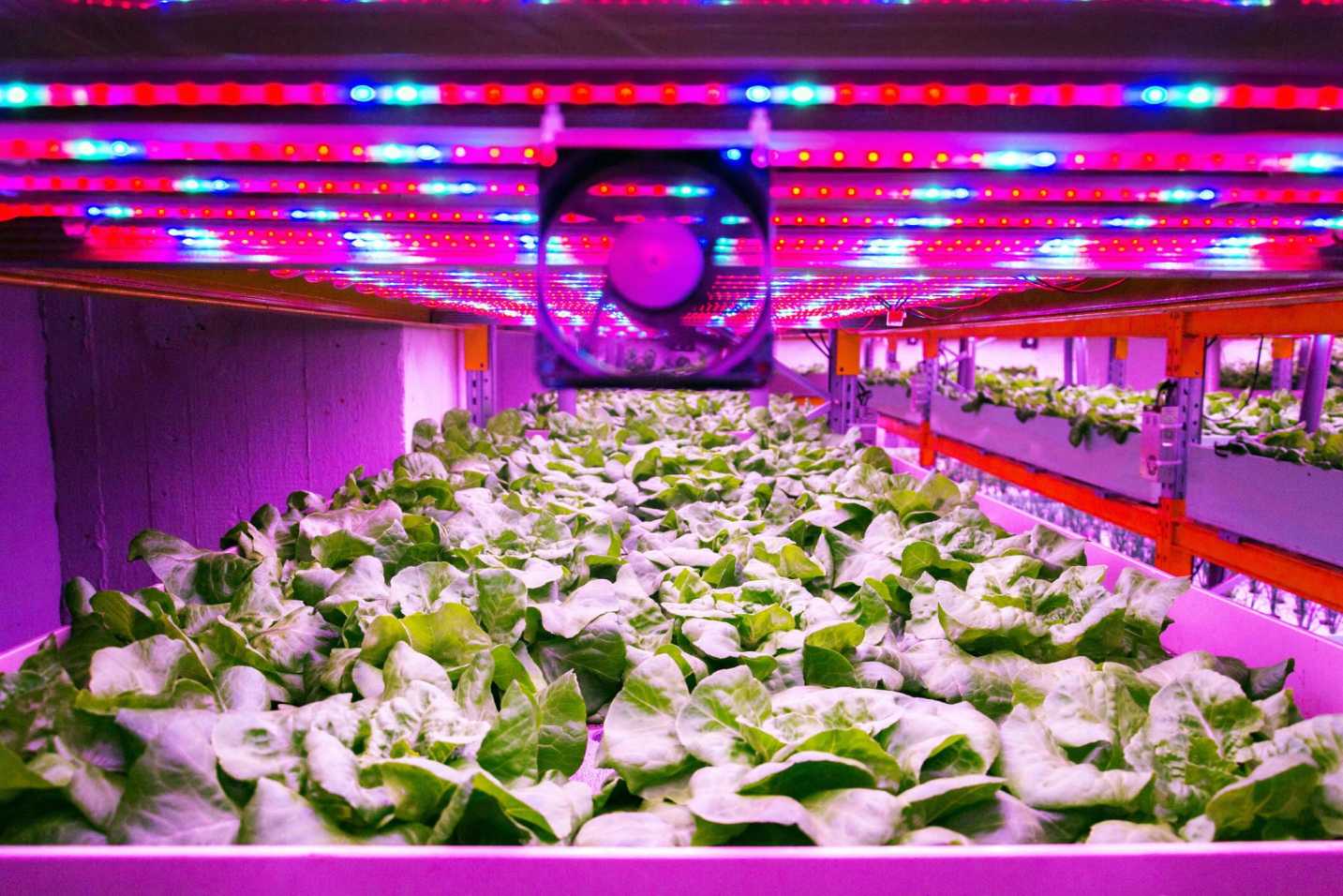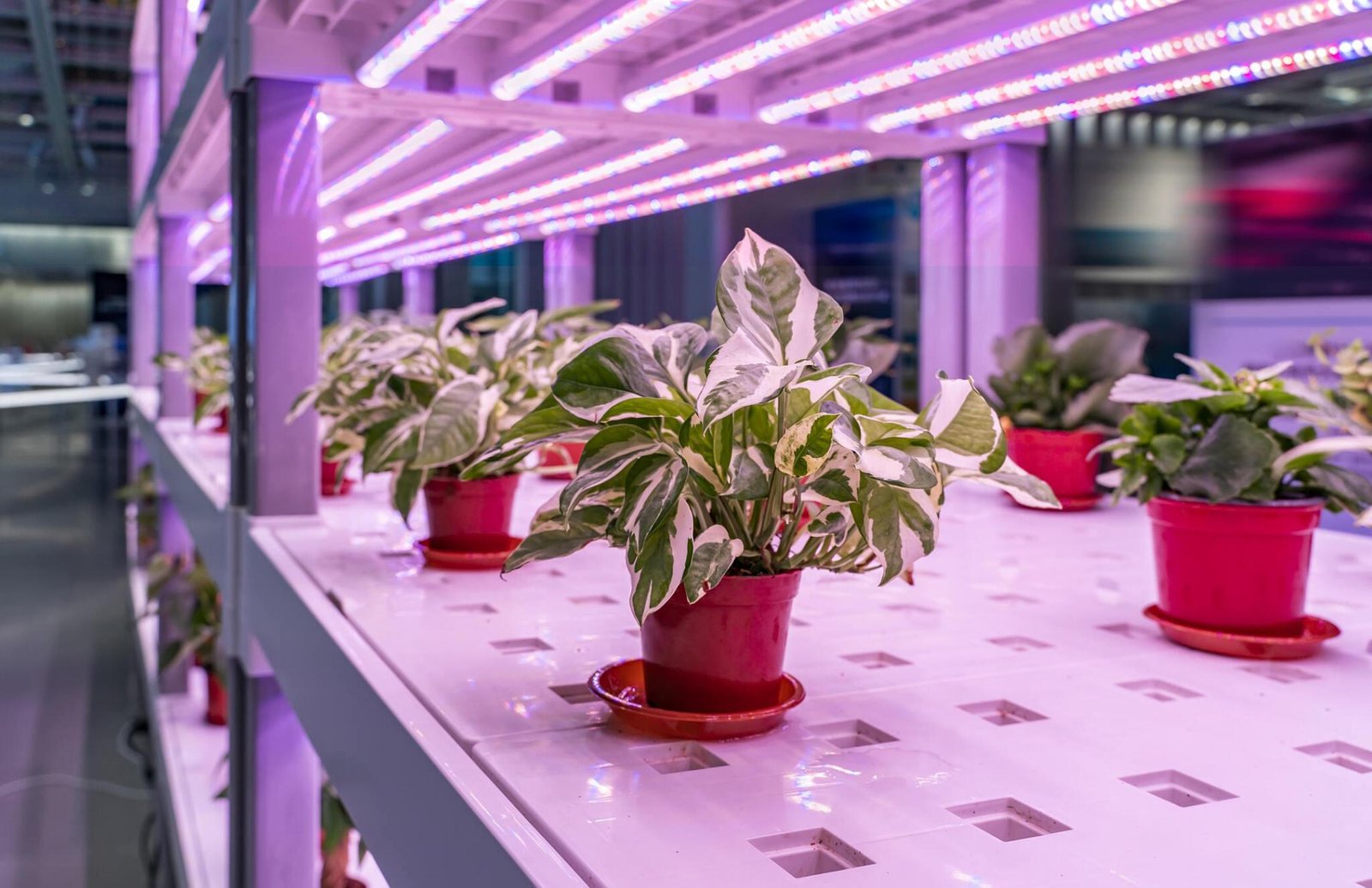In the quest for sustainable food production in urban environments, aquaponics emerges as a transformative solution that combines aquaculture and hydroponics to cultivate fish and plants in a symbiotic ecosystem. In this blog post, we explore the principles of aquaponics and its potential to revolutionize urban farming, providing examples of successful aquaponic systems that demonstrate its viability as a sustainable food production method in cities.

- Understanding Aquaponics:
- Define aquaponics as a closed-loop system that integrates fish farming (aquaculture) with soilless plant cultivation (hydroponics).
- Discuss the symbiotic relationship between fish and plants in an aquaponic system, where fish waste serves as a nutrient source for plant growth, while plants help filter and purify the water for the fish.
- Highlight the sustainability advantages of aquaponics, such as water conservation, nutrient recycling, and minimal environmental impact compared to traditional agriculture.
- Components of an Aquaponic System:
- Describe the key components of an aquaponic system, including fish tanks, grow beds, water pumps, and biological filtration media.
- Explain the nitrogen cycle in aquaponics, where fish excrete ammonia, which is converted into nitrites and nitrates by beneficial bacteria, providing essential nutrients for plant growth.
- Discuss the importance of maintaining water quality parameters, such as pH, temperature, and dissolved oxygen levels, to ensure the health and productivity of both fish and plants.
- Benefits of Aquaponics for Urban Farming:
- Explore the advantages of aquaponics for urban environments, including space efficiency, year-round production, and reduced resource inputs.
- Highlight the scalability of aquaponic systems, which can be adapted to fit a wide range of urban settings, from backyard gardens to commercial rooftop farms.
- Discuss the potential for aquaponics to address food security challenges in cities by providing fresh, locally grown produce and protein-rich fish to urban populations.
- Successful Examples of Aquaponic Urban Farms:
- Brooklyn Grange (New York City, USA): Showcase the Brooklyn Grange’s rooftop aquaponic farm, which spans over two acres and produces a variety of vegetables and fish for local markets and restaurants.
- Urban Organics (St. Paul, Minnesota, USA): Highlight Urban Organics’ indoor aquaponic farm, located in a former brewery, which produces organic greens and fish using sustainable aquaponic techniques.
- Green Connect (Wollongong, Australia): Feature Green Connect’s community-based aquaponic farm, which provides employment opportunities for refugees and marginalized communities while supplying fresh produce to local markets and restaurants.

- Challenges and Considerations:
- Discuss challenges faced by aquaponic farmers, such as initial investment costs, system maintenance, and regulatory requirements.
- Explore strategies for overcoming these challenges, including community partnerships, educational outreach, and government support for urban agriculture initiatives.
- Address common misconceptions about aquaponics, such as concerns about fish welfare, food safety, and system reliability, through science-based education and transparent communication.
Conclusion: Aquaponics holds immense promise as a sustainable method of urban farming, offering a holistic approach to food production that conserves resources, minimizes environmental impact, and strengthens community resilience. By embracing the principles of aquaponics and learning from successful examples around the world, cities can cultivate greener, healthier, and more self-sufficient food systems that nourish both people and the planet. Let us continue to innovate and collaborate in our pursuit of a more sustainable future through aquaponic urban farming.






